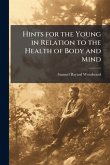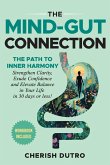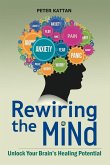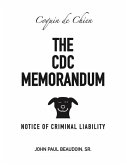Una joven cree haber quedado ciega como castigo por su primer beso. Una madre jura que sus bebés son remplazados al nacer. Una familia sufre una rara maldición que le impide dormir. En neurología, la enfermedad suele estar ligada al relato: las pistas para desentrañar estos misterios se esconden tanto en los detalles de la historia del paciente como en lo que su propio cuerpo nos revela. Los relatos están grabados en la estructura misma del cerebro, tanto que el impulso de narrar sobrevive, e incluso se intensifica, tras las lesiones más devastadoras. Pero las historias que el cerebro inventa también están moldeadas por narrativas culturales sobre el cuerpo y la enfermedad, que impregnan por igual la mente de médicos y pacientes. En la práctica de la medicina, algunas historias se escuchan, mientras que otras --las de mujeres, las de personas racializadas o desposeídas-- son, con frecuencia, desestimadas. A young woman believes she has gone blind as punishment for her first kiss. A mother swears her babies are replaced at birth. A family suffers a rare curse that prevents them from sleeping. In neurology, illness is often linked to storytelling: the clues to unraveling these mysteries are hidden as much in the details of the patient's history as in what their own body tells us. Stories are etched into the very structure of the brain, so much so that the impulse to narrate survives, and even intensifies, after the most devastating injuries. But the stories the brain invents are also shaped by cultural narratives about the body and illness, which permeate the minds of doctors and patients alike. In the practice of medicine, some stories are heard, while others--those of women, racialized, or dispossessed people--are frequently dismissed.
Bitte wählen Sie Ihr Anliegen aus.
Rechnungen
Retourenschein anfordern
Bestellstatus
Storno








